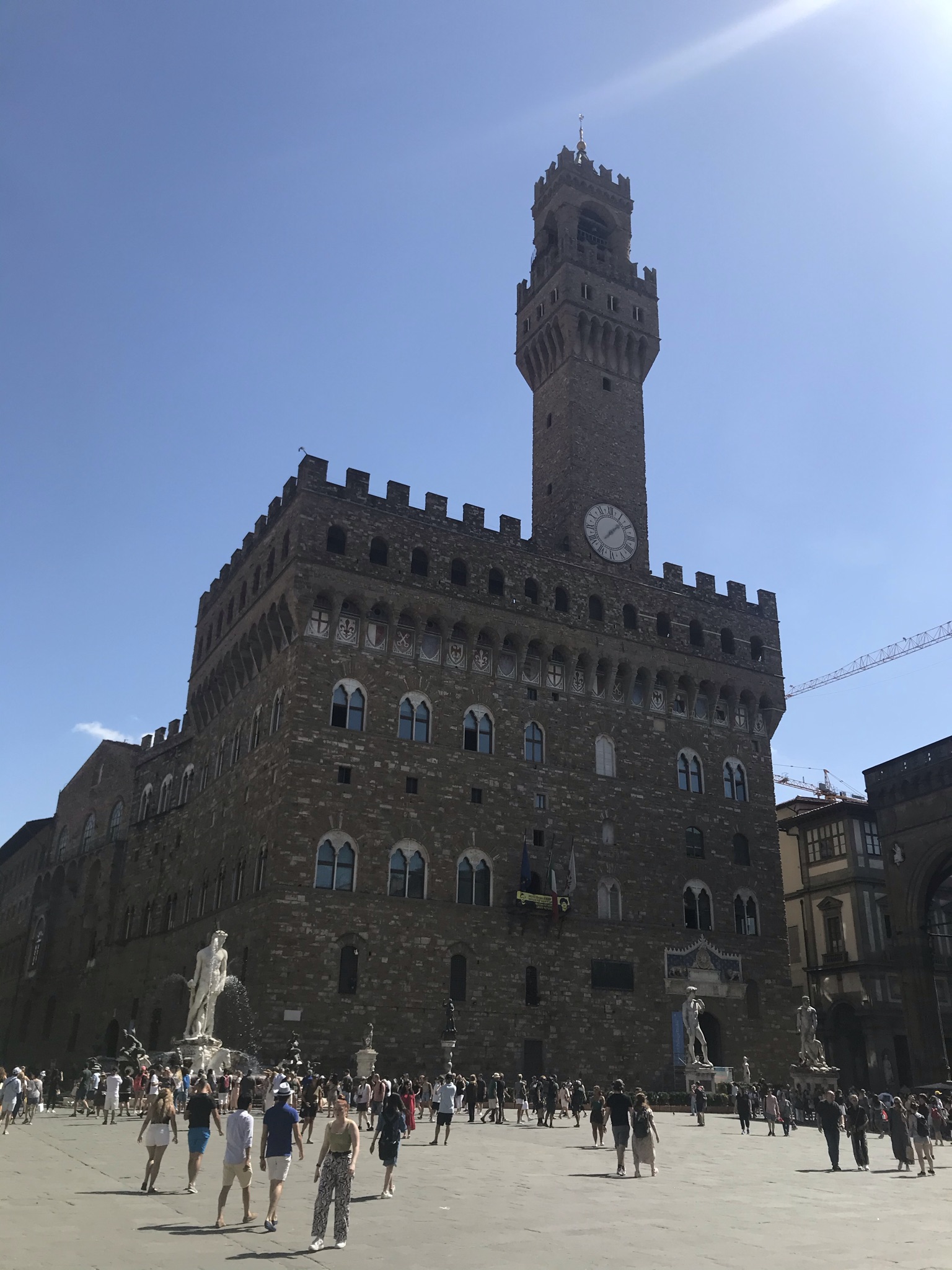Understanding the New Gilded Age: Insights from Paul Krugman on Piketty’s Work
In a thought-provoking exploration of modern economic issues, renowned economist Paul Krugman sheds light on the pressing topic of income inequality as articulated in Thomas Piketty’s influential book, Capital in the Twenty-First Century.
Krugman emphasizes that our society is not simply experiencing a resurgence of income disparity reminiscent of the late nineteenth century; rather, we are on a troubling trajectory toward what he describes as “patrimonial capitalism.” This concept suggests that, instead of being led by innovative individuals who rise through merit, the upper echelons of the economy are increasingly dominated by entrenched family dynasties.
This analysis serves as a critical reminder of the societal implications tied to the growing gap between the wealthy and the rest of the population. As we navigate this new Gilded Age, it becomes essential to reflect on the dynamics of wealth and power, and how they shape our economic landscape.
Krugman’s insights compel us to examine the structures that enable these disparities and the potential avenues for fostering a more equitable economy. Engaging with Piketty’s ideas can help illuminate the path forward as we confront the challenges of our time.










One Comment
This post offers a compelling overview of the critical issues highlighted by Krugman and Piketty regarding our economic trajectory. The concept of “patrimonial capitalism” underscores how dynastic wealth increasingly shapes economic power, potentially stifling social mobility and innovation. It reminds us that addressing income inequality transcends mere redistribution; it requires rethinking structural policies—such as progressive taxation, inheritance laws, and corporate governance—that can prevent wealth from consolidating within a privileged few. As we confront these challenges, exploring diverse strategies to promote greater economic resilience and opportunity is crucial, including fostering policies that encourage broad-based asset accumulation and invest in education and innovation. Engaging deeply with these ideas can help us craft more sustainable pathways toward a fairer economy.